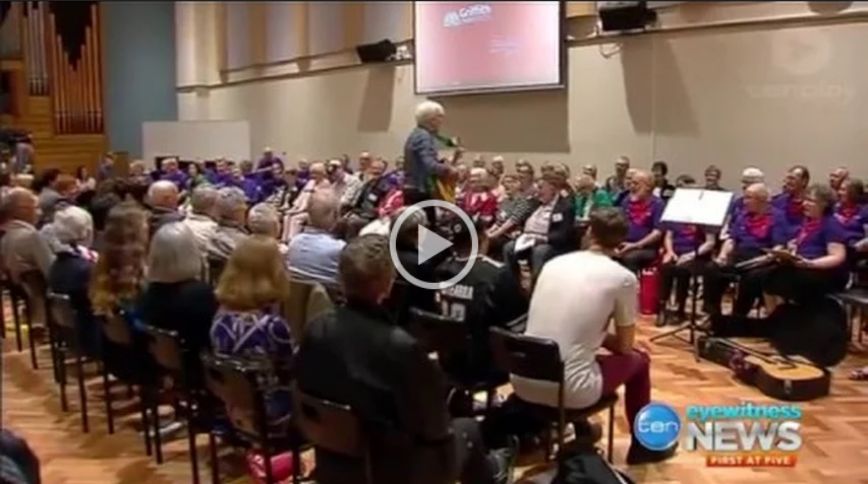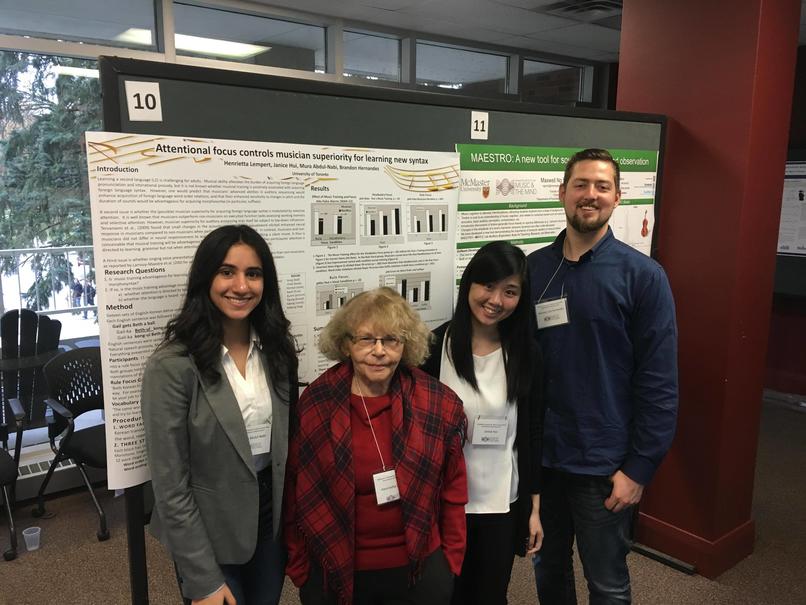AIRSPLACE
AIRS staff are working towards providing the results of Project research, so that information and research findings can be shared amongst the researchers and interested individuals. Please direct any questions or comments regarding the AIRS Web site to the AIRS Information Technology Coordinator. Contact information can be found on our Contact AIRS page.



